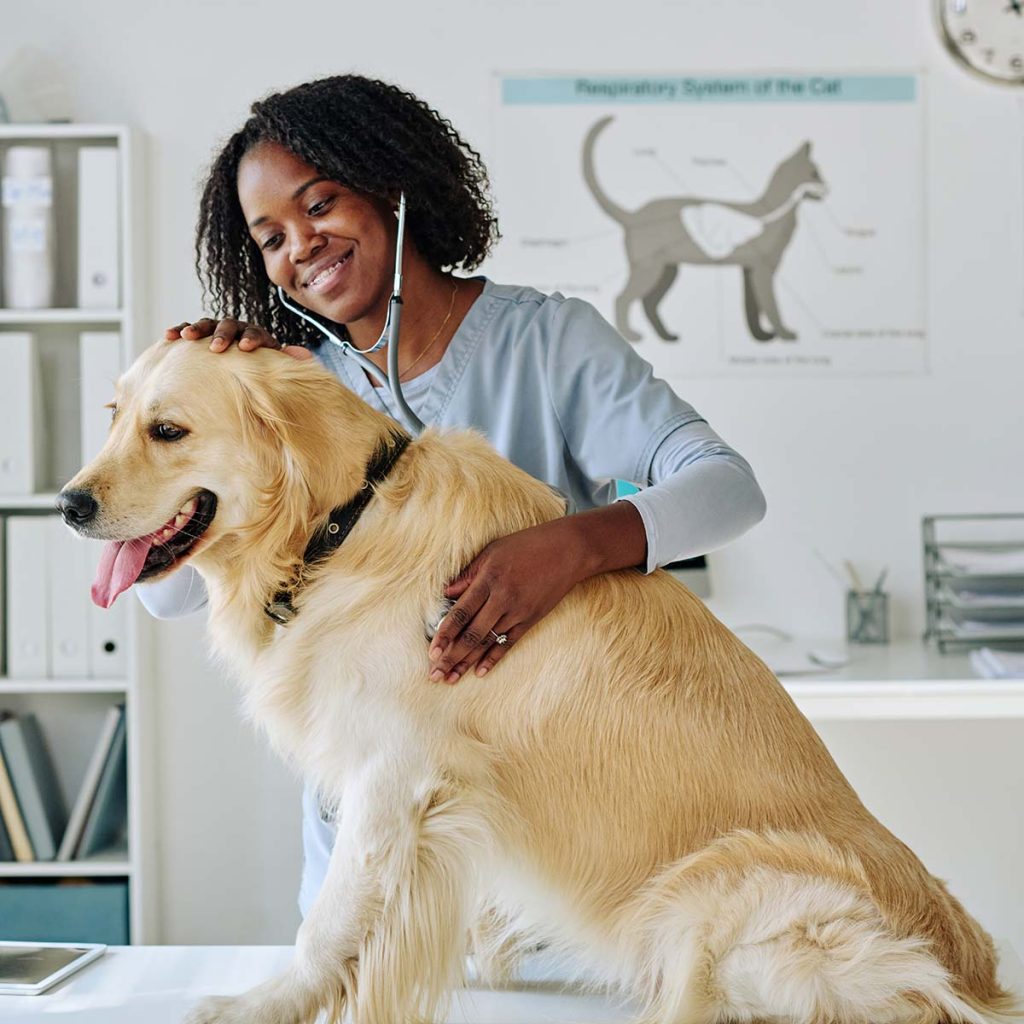Behavior Counseling: Diagnosing a Behavior Problem – Is It Medical or Behavioral?

Behavioral problems can develop for many reasons. Genetics and the environment both contribute to behavior. When problematic behaviors arise, particularly if they develop suddenly or occur in older pets, it is important to screen for underlying medical conditions. The behavioral history provides valuable information to assist in determining the root cause for any behavioral concern.
Behavior Counseling: Compulsive, Stereotypic and Displacement Disorders

Dogs and cats that experience frustration may exhibit displacement behaviors or may redirect aggression toward another target. Conflict can also trigger repetitive behaviors that appear to have no function, known as stereotypic behaviors. A compulsive disorder is diagnosed when a repetitive behavior occurs frequently enough to interfere with a pet’s quality of life.
Behavior Counseling: Complementary Treatments

There is a wide range of non-pharmaceutical products designed to improve a pet’s behavior. There is little oversight for many of these products which means that any given product may not work for your pet. Ask your veterinarian before using any over-the-counter product for your pet. The label “natural” does not guarantee a product is safe to use in dogs and cats.
Behavior Counseling: Behavior Consultations – Seeing a Veterinary Behaviorist

Many behavioral concerns reflect normal behavior and can be resolved with simple training. Other behaviors reflect behavioral abnormalities or may have underlying medical or physical causes. A veterinary behaviorist is trained to assess and treat both normal and abnormal behaviors and can identify medical conditions that can affect behavior. An accurate assessment from the start can improve the outcome.
Behavior Counseling: Aggression – Introduction

Dogs and cats use aggressive signals to communicate and can often do this without causing injury. It is important to learn to recognize subtle signals to prevent an escalation of aggression. Some aggression reflects underlying medical and behavioral illness. Any aggressive behavior in dogs and cats should be assessed to determine the cause and establish a safety protocol. Aggressive behavior in dogs and cats can lead to serious injury to people and other pets.

